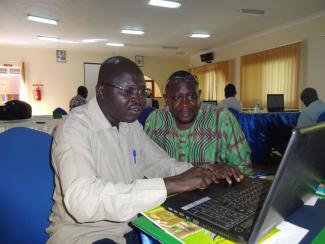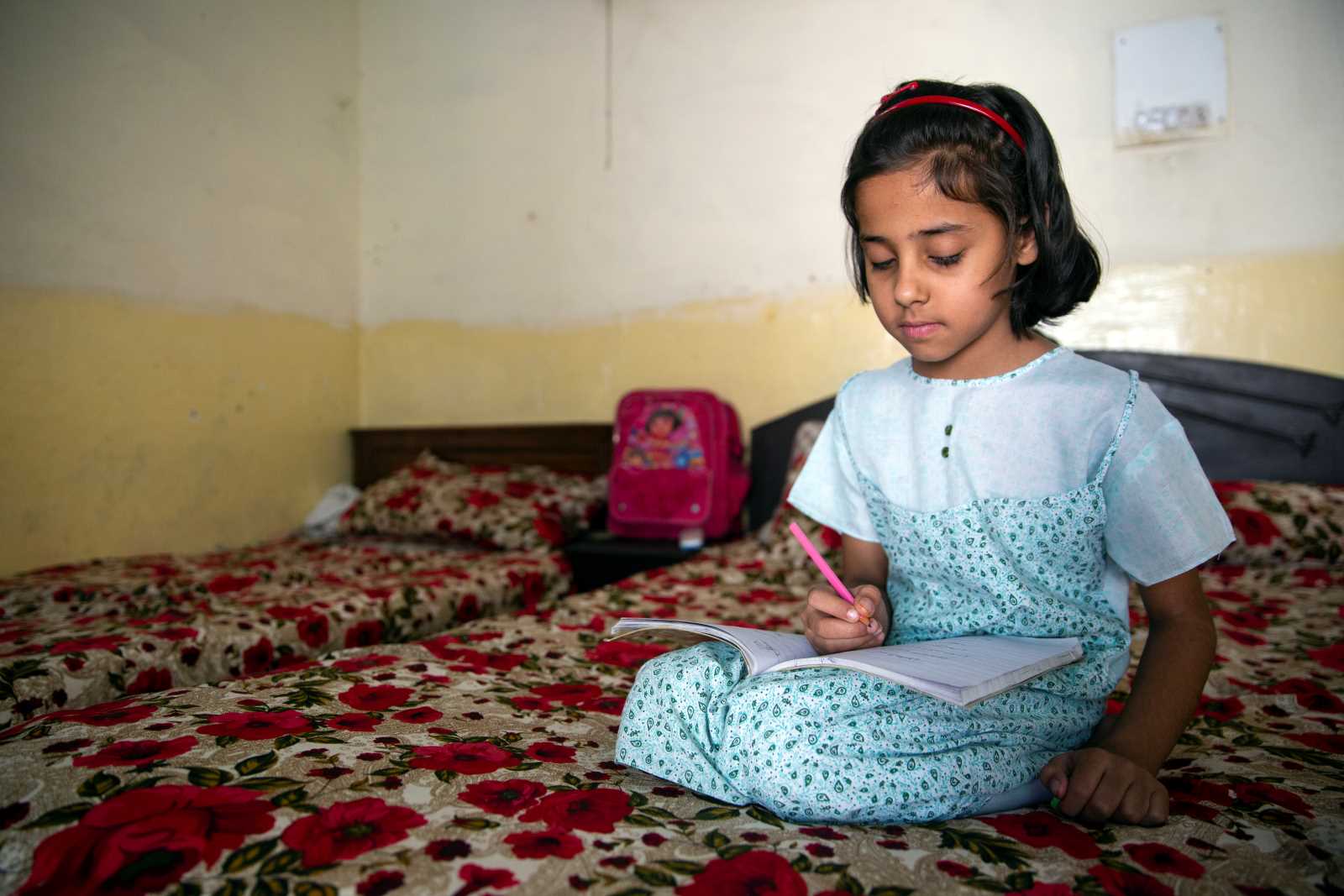Media training
Learning to cross-check facts

At the end of November 2017, the premises of the RedPepper tabloid in Kampala were sealed off. Anti-terrorism police that had surrounded the offices frog-marched all journalists and other staff into one corner of the compound. Eight editors and directors of the media house were taken to the notorious Nalufenya Prison, where the Ugandan state keeps its biggest enemies.
The reason was that the paper had published a story for which it did not have any reliable sources. It was about a plot by Uganda’s President Yoweri Museveni to assassinate his Rwandan counterpart, President Paul Kagame. Upon reading this story, the Ugandan president was reportedly infuriated and ordered the closure of RedPepper. The editors and directors were arrested accordingly. The media workers spent more than 10 weeks in prison.
The media house maintained that they picked the story from a Rwandan website, and many Ugandan journalists tried to find that website. No one found it. The state claimed the tabloid had invented the story.
Ultimately, the directors of RedPepper sought an audience with Museveni, apologised for their misbehaviour and promised to “behave” in the future. Soon after, RedPepper was back online.
Fact-checking and digital safety
This scenario was not new in Uganda; it keeps happening to media houses big or small, rural or urban, private or public. All too often, stories lack credibility. That is true of government-owned as well as private-sector media. Journalism needs to become more diligent.
If a news organisation wants to earn and keep the trust of its audience, fact-checking and the verification of sources are very important. This is particularly true in the era of online media. Today, all media houses in Uganda – newspapers, radio and TV stations – have an internet presence and try to beat the others on any breaking news. Moreover, there are numerous online-media firms. Consequently, the scramble for stories and the pressure to beat competitors is at an all-time high. Because of it, many journalists and media houses have made serious mistakes. The case of RedPepper was an example.
In Kampala, the Hub for Investigative Media (HIM) offers training programmes that teaches East-African journalists in matters of fact-checking and digital security. The sessions are designed to address the real needs of journalists, whether they are working on quick or long-term stories. A quick story has to be aired or published the same day, while a long-term story may require several weeks of research before it is published.
With support from Deutsche Welle Akademie, the German agency that supports media development, HIM has launched a learning tool for digital security: the “Wekuume App”. It can be downloaded from the Google Play Store and provides journalists with answers to immediate digital-security questions. For example, how does a journalist deal with malware, especially from fake websites, or how does one recognise fraudulent “phishing” mails, or how to identify fake online sources. It also offers links to deal with topics that require time to comprehend.
Wekuume is a Luganda word and means: “be safe”. The process to develop the App started in 2014 and was completed in October 2017. It is accessible on Android devices, free of charge and comes with supported content.
Cyber security is an important dimension of being safe. Many media houses have lost content because of online and real-life attacks. In February, the newsroom of NBS TV was attacked. Computers were vandalised and terabytes worth of content were destroyed. It was clear that whoever carried out the attack wanted to make sure that a specific story would not be aired. One can only hope that the station management had some form of backup of their information. HIM has trained many journalists countrywide on how to backup their content.
What about the security of information on a lost gadget? What happens if one’s laptop or smartphone gets into the wrong hands? Do they have a strong password to protect their devices from intruders? Is encryption necessary? Journalists must understand these tools and know how to use them. In today’s digitalised world, this is part of a media practitioner’s basic skills.
Edward Ronald Sekyewa is the executive director of the Hub for Investigative Media (HIM). He lives in Kampala, Uganda.
edwardronalds16@gmail.com
Link
Hub for Investigative Media (HIM):
http://www.him-ug.org/










